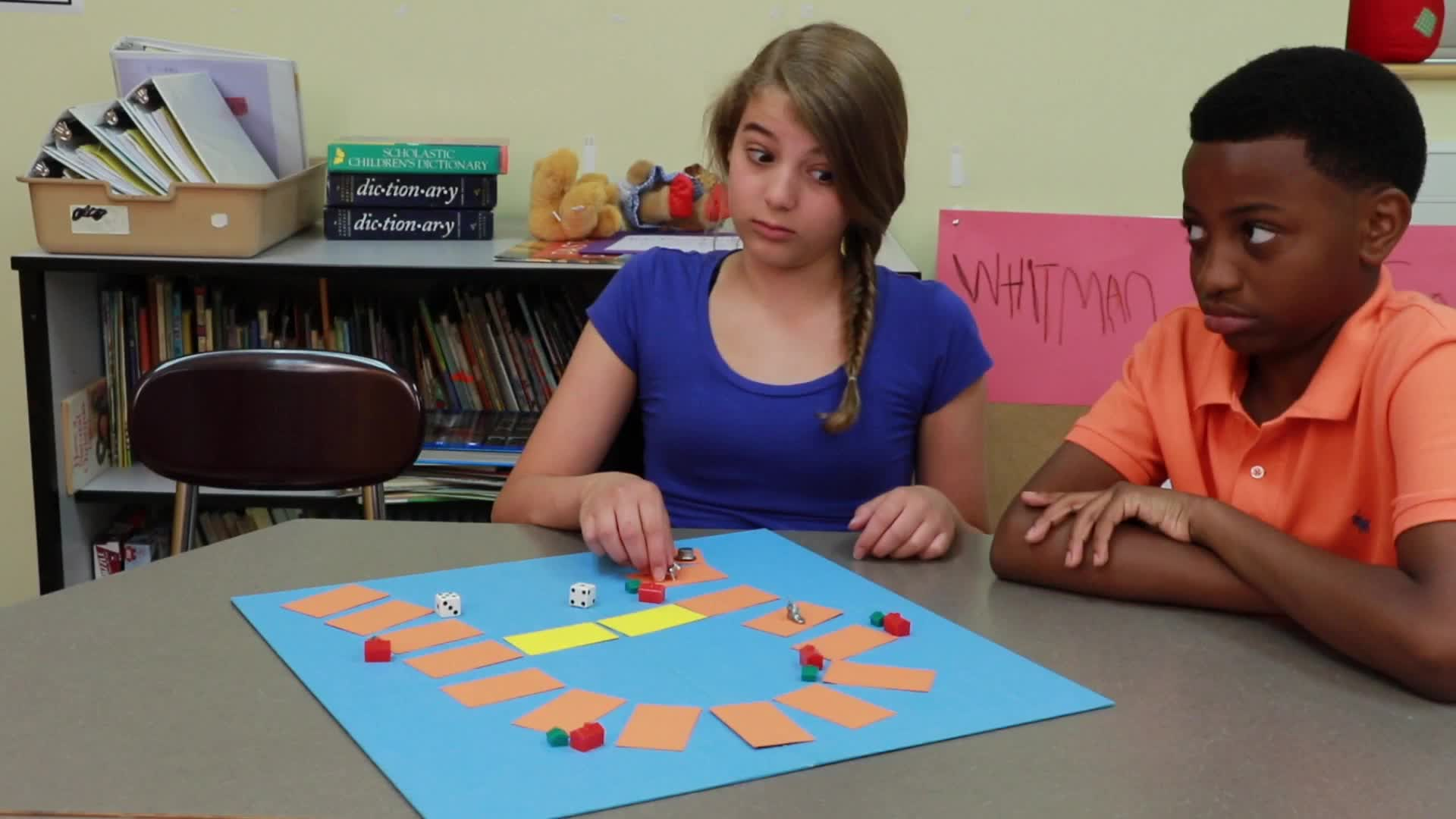In special education, understanding and addressing the unique needs of each student is crucial. One important skill for elementary students is learning how to handle tattletale situations. This blog post will explore the concept, significance, and strategies for developing effective IEP goals based on this target skill.
Understanding the Tattletale Situation Skill
The target skill of handling tattletale situations involves teaching students to discern between minor issues and situations that require adult intervention. This skill impacts students’ learning, social interactions, and wellbeing by promoting a positive social environment, fostering trust among peers, and encouraging self-regulation.
The Role of Specialists
- Speech-Language Pathologists: They can help students develop communication skills to express their feelings and concerns appropriately in tattletale situations.
- Social Workers: They can provide guidance on effective conflict resolution strategies and support the development of social skills necessary for navigating tattletale situations.
- Psychologists: They can address any underlying emotional or behavioral issues that may contribute to tattletale behavior and help students develop coping strategies.
- School Counselors: They can offer support in building positive peer relationships and implementing classroom strategies to address tattletale situations.
IEP Goals for Tattletale Situation Skill
Below are specific SMART IEP goals for improving the target skill in students:
- By the end of the semester, the student will demonstrate the ability to differentiate between minor and major rule violations in 4 out of 5 tattletale situations.
- Strategies: Role-play scenarios, group discussions, and social stories.
- Within three months, the student will use appropriate communication skills to express concerns or feelings in 80% of tattletale situations.
- Strategies: Modeling effective communication, practicing “I” statements, and peer feedback.
- By the end of the school year, the student will demonstrate improved self-regulation in 90% of tattletale situations, as observed by the teacher.
- Strategies: Teaching coping skills, offering positive reinforcement, and providing opportunities for self-reflection.
Implementing and Measuring Progress
- Collaborate with specialists to ensure a cohesive approach.
- Use data collection methods such as observation checklists and behavior charts to track progress.
- Adjust strategies and goals as needed based on student progress and feedback.
- Involve students in the goal-setting and monitoring process to foster ownership and self-awareness.
Conclusion
Developing effective IEP goals for handling tattletale situations in elementary students is essential for their social and emotional growth. By understanding the target skill, collaborating with specialists, and implementing specific strategies, educators can help students navigate these situations successfully. To explore more resources, visit Everyday Speech Sample Materials.






